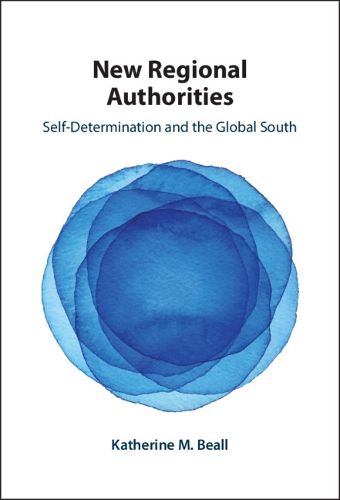Readings Newsletter
Become a Readings Member to make your shopping experience even easier.
Sign in or sign up for free!
You’re not far away from qualifying for FREE standard shipping within Australia
You’ve qualified for FREE standard shipping within Australia
The cart is loading…






The idea that regional organizations rightly occupy a central place in human rights, global governance, and international intervention has come to be taken-for-granted in international politics. Yet, the idea of regions as authorities is not a natural feature of the international system. Instead, it was strategically constructed by the leaders in the Global South as a way of maintaining their voice in global decision-making and managing (though not preventing) outside interference. Katherine M. Beall explores changes in the norms and practice of international interference in late 1970s and early 1980s, a time when Latin American and African leaders began to empower their regional organizations to enforce human rights. This change represented a form of quiet resistance to the imposition of human rights enforcement and a transformation in the ongoing struggle for self-determination. This book will appeal to scholars of international relations, international history, and human rights.
$9.00 standard shipping within Australia
FREE standard shipping within Australia for orders over $100.00
Express & International shipping calculated at checkout
Stock availability can be subject to change without notice. We recommend calling the shop or contacting our online team to check availability of low stock items. Please see our Shopping Online page for more details.
The idea that regional organizations rightly occupy a central place in human rights, global governance, and international intervention has come to be taken-for-granted in international politics. Yet, the idea of regions as authorities is not a natural feature of the international system. Instead, it was strategically constructed by the leaders in the Global South as a way of maintaining their voice in global decision-making and managing (though not preventing) outside interference. Katherine M. Beall explores changes in the norms and practice of international interference in late 1970s and early 1980s, a time when Latin American and African leaders began to empower their regional organizations to enforce human rights. This change represented a form of quiet resistance to the imposition of human rights enforcement and a transformation in the ongoing struggle for self-determination. This book will appeal to scholars of international relations, international history, and human rights.